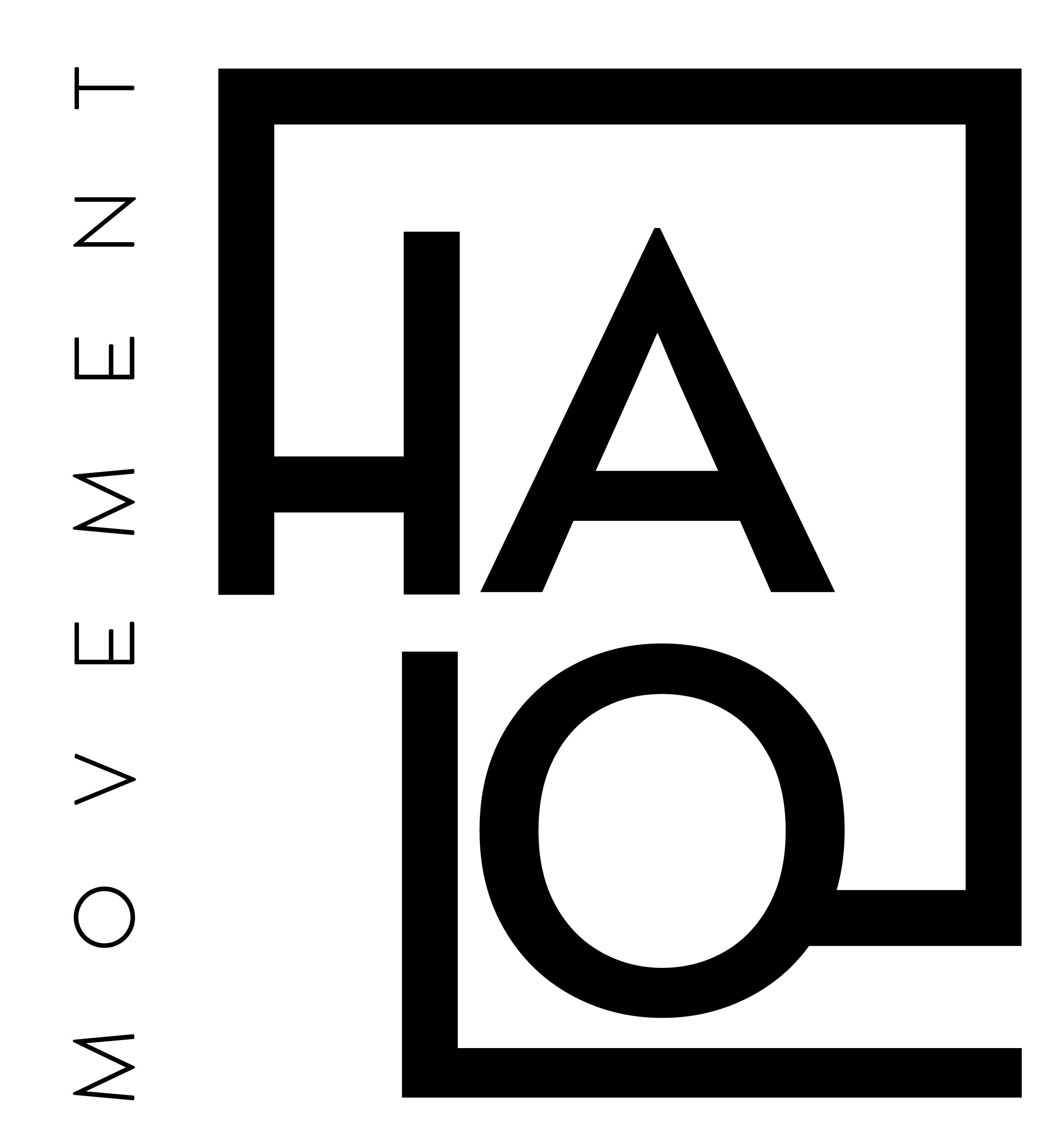THE DISCOMFORT OF INSTABILITY
MOVEMENTS & MOMENTS
How to Navigate Discomfort Daily
Lately I’ve been sitting with a lot of discomfort. Not the physical kind, but the sort of emotional turmoil and internal dialogues that cause stomach knots and endless weeping of silent tears.
The poetics of discomfort explores the profound and often transformative emotions that arise from challenging experiences, inviting reflection and a deeper understanding of the human condition.
Humans are unique creatures, we have the ability to choose to tune inwards or to avoid uncomfortable emotions and thoughts. Our neurological habits are strong and our desire to not experience pain and/or discomfort guides almost every conscious and unconscious decision we make from waking to sleeping.
I’ve been examining these sensations while also asking how I can, as one person, make an impact in the world around me - locally and globally.
The inability to swiftly change global issues can certainly evoke frustration, I asked my search engine how to be proactive and elicit positive change. It replied:
“Incremental efforts, collective action, and advocacy contribute to addressing global challenges over time, fostering a sense of shared responsibility for a better future. Proactive measures to address global issues include international collaboration on environmental treaties to combat climate change, the promotion of education for sustainable development, implementing fair trade practices to address economic inequalities, and investing in research and innovation for global health challenges. These actions aim to create systemic change and address root causes.”
Without a doubt, individual voices, alone and when united, have the power to raise awareness, spark discussions, and catalyse change. Through advocacy, social media, and community engagement, one person can influence opinion, hold leaders accountable, and contribute to the momentum required for addressing any given issue. We can of course sign petitions, attend protests, circulate information, write to politicians and vote in elections.
Community is also crucial in addressing local and global issues because it provides a platform for collective action and shared resources. Through collaboration and diverse perspectives we can all contribute to well-rounded solutions. I have taken much comfort and refuge in my personal and online community over time and the sense of camaraderie and support right now is buoyant. Communities do foster a sense of solidarity, amplifying individual voices into a powerful force for change, ultimately creating a more sustainable and inclusive impact on the important issues and challenges we all face.
Each and every voice adds to the collective effort, fostering a sense of shared responsibility and inspiring broader societal shifts. However, this is a long and often arduous path of highs and lows - sometimes taking decades of multi-generational growth.
Is it possible to reconcile ourselves?
When global or local issues start to permeate our lives with despair, there’s a lot we can do to remain both stable and active for the benefit of our future selves. I cant emphasise enough the importance of a meditation and movement practice daily. If you have seen some of my other posts you will know I strongly encourage and advocate for mindfulness and somatic movement daily as a counterbalance to the demands and intensity of modern life.
Sitting with discomfort in meditation is an intentional practice where one cultivates mindfulness and observes sensations, thoughts, and emotions without judgment. It involves allowing discomfort to arise and pass, fostering a deeper awareness of the impermanence of sensations and reactions. Over time, this practice can lead to greater resilience and a more balanced relationship with challenging experiences.
Sometimes life can be overwhelming or busy and we don't have time to meditate. When we don’t have time for movement and meditation it’s exactly the time we need it the most. Creating a system around both meditation and movement can boost our resilience when things get busier and/or harder. My personal preference is 10mins first thing in the morning and last thing in the evening. As with anything - small increments over time create big results long term.
Unfortunately there’s no fast track to learning to be present with discomfort. Over time and once we have a baseline of daily mindfulness its possible to gain clarity around our thoughts. To slow down our thoughts, become discerning and allow our feelings and emotions to guide us, we can be present with our discomfort.
In our Movement Halo workbooks there are lots of strategies to integrate these practices of movement and meditation, I truly hope you find the ideal systems to support your current lifestyle… As always and with blessings, Zoe Zephyr

